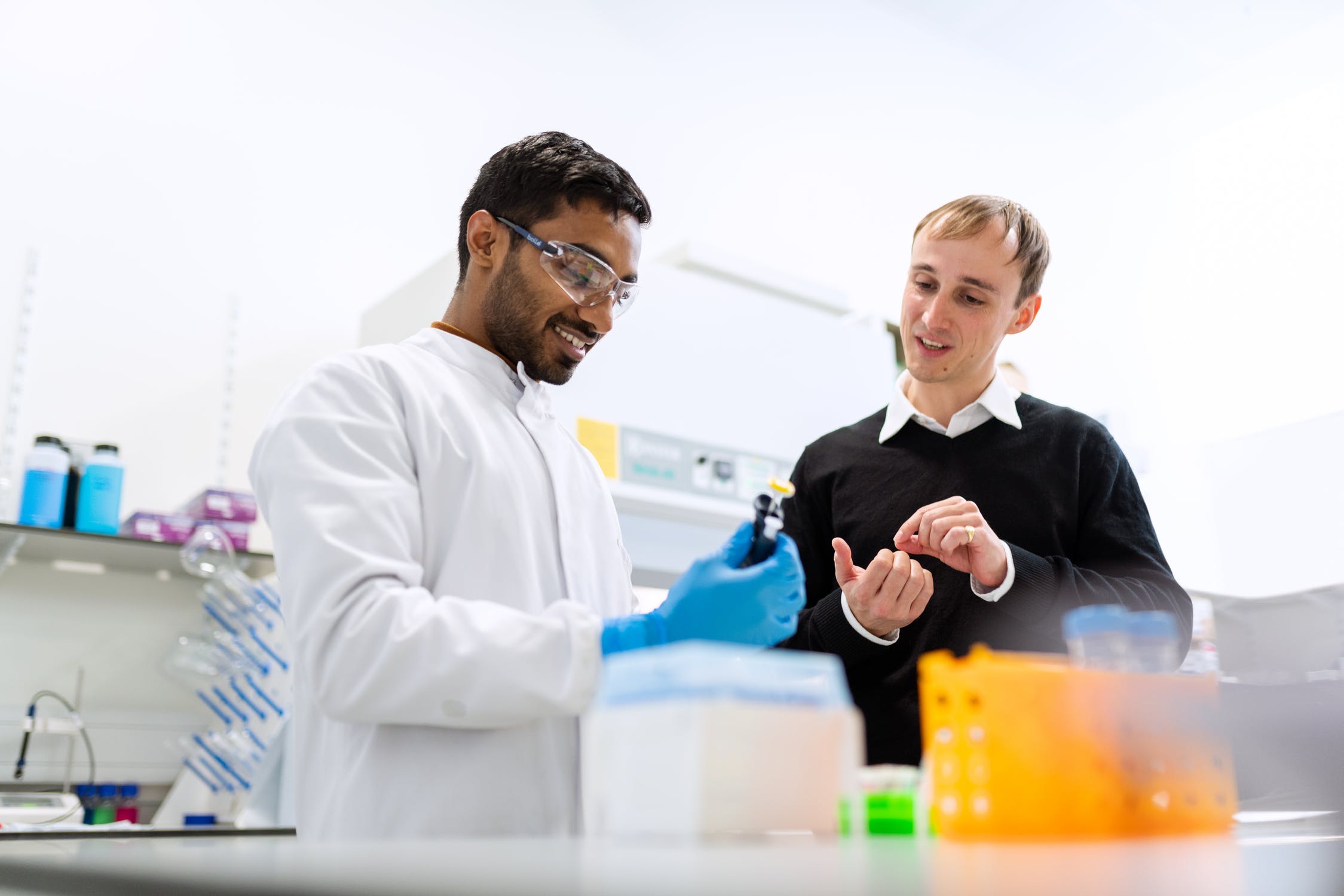An excellent question! As a STEM PhD graduate and avid learner entering my first job at a startup company, here are the four biggest lessons I learned in my first year:
Control your ego
Do not take negative feedback personally. It does not reflect upon your worth as a person. This is extremely important, as some scientists can be particularly sensitive to feedback, given our need for data and our desire to analyze and look for actionable results within the data we are provided with.
Negative feedback is one of those tricky double-edged swords in the workplace. For managers who never give negative feedback, no one on their team will improve their performance, and projects and products can suffer. Yet too much negative feedback provided in the wrong way can and will ruin morale, and may tank productivity beyond a recoverable level.
For those receiving negative feedback, it’s always important to first place it in the proper context before reacting to it. In the worst case scenario, someone is actively trying to make you unhappy in your role, so the negative feedback may not be accurate or applicable to you. It is up to you to tailor your response and react in a beneficial and professional manner, even if the other side is not behaving in a mature fashion. In the best case scenario, someone is trying to help you grow, in which case accepting and acting upon the feedback will help you improve your performance and become a better, stronger person.
Either way you can learn valuable lessons about how to deal with different kinds of people, and continue to mature as a professional.
Take Some Risks Early On
Most people are risk averse. Scientists in particular have been trained in the lab to be cautious about making decisive statements when data is incomplete.
The problem with this mentality in the real world? There is never enough data around at important times that would satisfy a scientist!
So we have to take some risks and extrapolate from what we know – or be forever frozen in analysis paralysis as the rest of the world hurtles on around you.
Ever see the term “bias for action” on job applications? This is exactly what’s being referred to. Fast-moving organizations can live and die fast, sometimes flying by the seat of their pants. They have no time for endless waffling or data collection, especially for start-ups and in fast-moving industries – sometimes you just have to make a decision and go with it.
That’s why one of Facebook’s early mottos was “move fast and break things.” The underlying assumption was that by going out and trying things, even if they went wrong, the experience gleaned would be more useful than stagnating and getting left behind.
Early in a person’s transition out of the lab and into the workforce, taking some risks might lead to quick answers and big wins. Day to day, leaders are generally willing to propose implementable solutions to problems, even when they’re not sure what the right answer is. This is precisely why leaders are leaders – they are able to propose action in the face of uncertainty or danger in a way that others will follow.
Manage your energy
Back in academia, I spent way too much time in lab. I didn’t really need to be there all the times that I stayed. Often I would be the last person to leave my building for the night – and this was a busy multi-lab building with plenty of postdocs, staff scientists and fellow students – and often I would marvel at the fact that mine was the last car in the parking garage. I didn’t even consider myself to be a particularly hard-working grad student…so how could I be the last person to leave at night so often?
For much of my academic life, my days consisted of lab – home – lab – home – lab – home – rinse – repeat. This meant that all of my waking energy was devoted to thinking about just one thing – lab – and that was often the reason I was depressed so often. Science inherently doesn’t work most of the time, and when most of your day is spent failing repeatedly, your energy and mental health goes down the drain.
I vowed that I wouldn’t make the same mistake once I entered the workforce, and would manage my time and energy better. These old habits die hard, and it took awhile to break the cycle of latching on mentally to work with the same oozing tenacity that I did in the lab. The truth is that you need to mentally disconnect and psychologically branch out at times to truly give your job your all.
Grinding 110% of your energy away at a singular role seems like the way to show your undying commitment to a job, but in fact it will burn you out, either through the natural abrasions that occur between people on projects, or through sheer exhaustion. Focus is good – obsession may erect harmful blinders that prevent you from adapting to ever-changing circumstances. Many new ideas and valuable skillsets are gained through collaboration and cross fertilization, which requires mental room to flex, and enough energy to keep up.
Some jobs will demand 110% from you, but those jobs usually have a high turnover rate because human beings aren’t machines (yet!) So force yourself to take breaks, to use vacation and family time, and to guard your health, as it is your greatest wealth in the long run. Your energy is yours to manage, and maintaining it is more important than you might realize!
Evolve your emotional intelligence
Who cares about how other people feel about your work, as long as you’re awesome at it, right?
Wrong.
So often, we expect that technical excellence should win the day when it comes to workplace projects. Yet so many people fail at projects because of their inability to get along with others, create a positive work environment, and all these other seemingly soft and inconsequential things that are rarely taught or exercised in the academic world.
The way to both personal and professional greatness is paved with decisions informed by high emotional intelligence. This is true in almost any work environment, including the academic PI role, because no one can accomplish anything great alone. Add in lab members, teammates, colleagues, managers, direct reports, collaborators and competitors, and you have one giant vat of soft skill soup that you have to stay afloat within. You can become great, but this rarely happens without an excellent team supporting you.
The smartest person in the world can’t accomplish what a driven, dedicated team can under leadership they believe in and trust deeply, and this is why your ability to work with others – your level of emotional intelligence – is so very important on the job.
“Compared to the academic lab, the professional workplace tends to be much more reliant on fellow colleagues working together to accomplish a single important goal. Learn the skills that are needed to succeed in this kind of workplace, and you will find work no matter where you go. – Free the PhD”
Ask me more questions about PhD life, PhD careers, transitions to alternative careers or career development for scientists outside academia!
By Vay Cao, Ph.D.
Elaborated from my Quora response.




